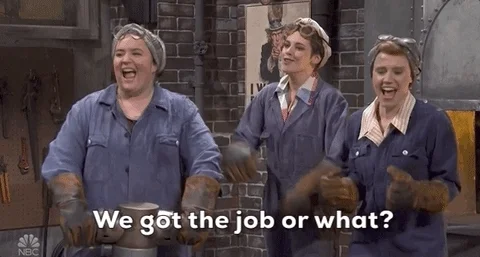Networking sounds uncomfortable: weird handshakes, small talk with strangers, and not knowing what to say.
So you stay home in your favourite sweatpants, enjoying your own space and avoiding the pressure to impress anyone.
You think, “Why would I go talk to strangers when I could just…not?”
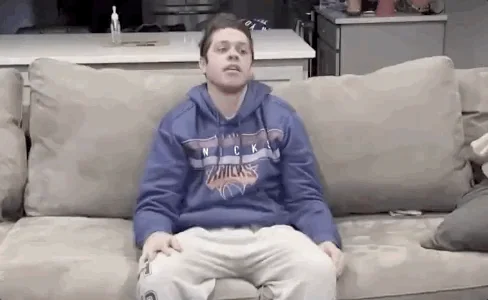
I used to think the same. I imagined like I had to sell myself to people I barely knew. And honestly, I didn’t know what to say or how to start.
But here’s the thing: avoiding it doesn’t make it go away. It just means you might miss out on all the good stuff, opportunities, ideas, and people who actually get you.
Then you talk to one person. The conversation feels easy. They introduce you to someone else. That's when things change.
Why I Used to Avoid Networking
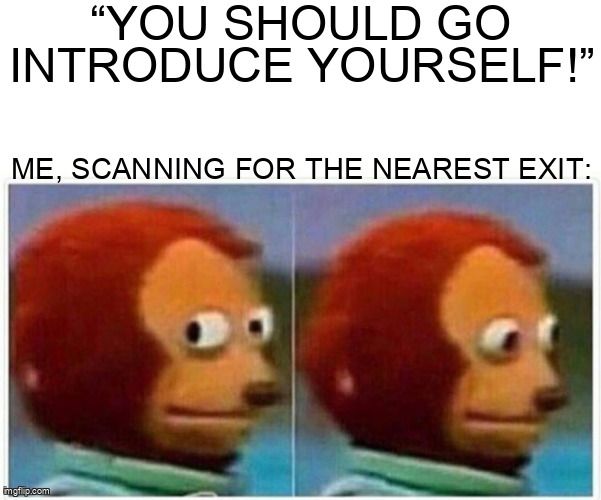
For a long time, I thought networking wasn’t for me because:
It felt fake or awkward. I didn’t know what to say.
I worried it would seem selfish or pushy.
I assumed it only worked for super outgoing people.
But the truth is, I didn’t really understand what networking actually is. I pictured big events and forced conversations — no wonder it felt off.
What I Tried (and What Worked)
When I first started networking, I had no clue where to begin. But I learned a lot just by trying small things and seeing what worked. Here’s what helped me get started:
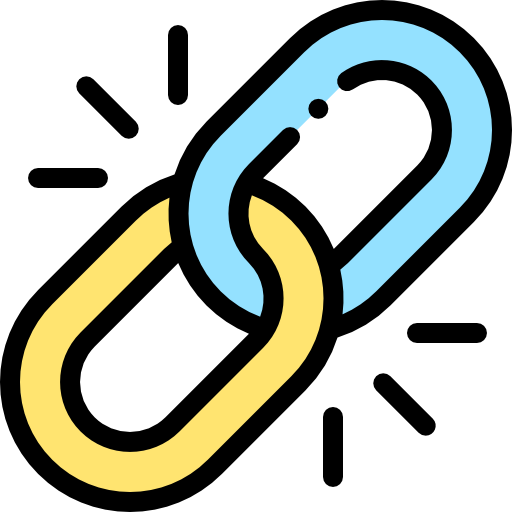
Talk to People You Know
I talked to friends-of-friends, classmates, and old coworkers. Even short chats opened doors I didn’t expect.
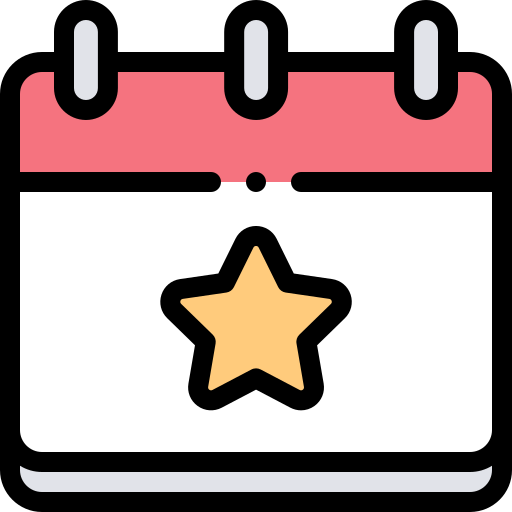
Try Small Events
Big conferences can feel intense. I start with local meetups, free workshops, or online groups.

Find Shared Interests
I ask what they enjoy outside of work to find common ground like hobbies, goals, or even weekend plans.
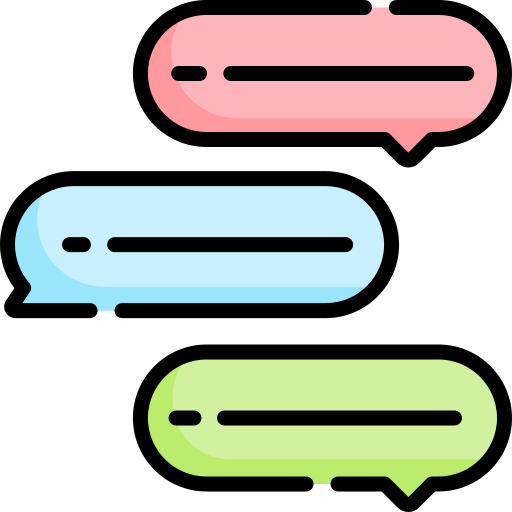
Ask Good Questions
Instead of “What do you do?”, I ask “What’s something fun you’ve worked on lately?” — it feels more relaxed and starts better conversations.
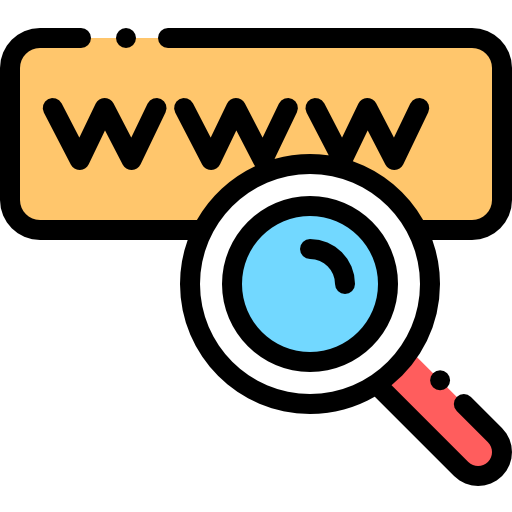
Use LinkedIn Simply
I followed people I liked, left comments on their posts, and sometimes just sent a kind message.
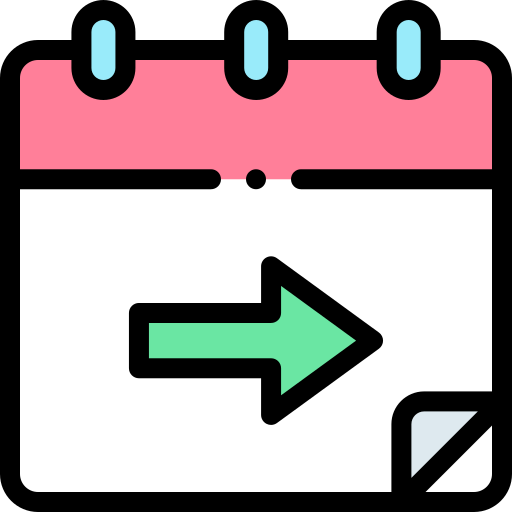
Follow Up
I send a short message after meeting to keep the connection going. Even a "Nice meeting you!" message builds trust.
Quiz
You want to meet people but don’t know where to start. What’s a smart first move?
Start by Giving, Not Asking
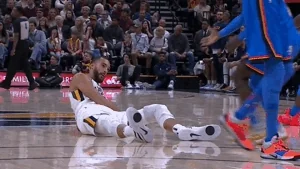
used to think making connections meant asking for something. But things started to change when I flipped the script and asked, “How can I help?”
Little actions made a big difference:
Share a cool article or tool.
Connect two people with similar interests.
Send a good luck message before an interview.
Offer to look over a resume.
Like or comment on their posts to show support.

Once, I sent a quick “Good luck” message to a former classmate before their interview. Months later, they shared a job lead with me. That one small message came back in a big way.
Sending a short message didn’t take much, but people remembered — and later, they helped me when I needed it.
What I Learned Just by Talking to People

Talking to people helps you stay sharp.
Not just by making connections, but by seeing things from new angles:
You hear what’s really going on in your field.
You learn which tools people actually use.
You discover trends and ideas before they go mainstream.
You understand real challenges others are facing.
You get quick tips that can shift how you think or work.
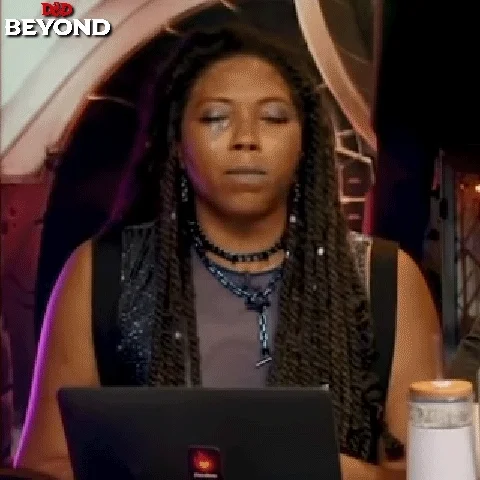
It all started with someone just sharing their experience.
Someone casually mentioned a tool they liked for organizing projects. I gave it a try, and it changed how I manage my time.
And that was just one moment. Over time, these small conversations added up — and here’s what they gave me:
Real advice I still use today.
Tools I didn’t know existed.
A course I wouldn’t have found on my own.
A project I didn’t see coming.
I didn’t think much of it back then, but I use those small lessons all the time.
How It Helped Me Find Job Opportunities
One of my favorite moments didn’t even feel like networking. I met someone for coffee, just to hear about their work. They mentioned a role at their company and offered to connect me.
I didn’t go looking for a job, I was just curious. That chat led to an opportunity I wouldn’t have found otherwise.
Those small moments helped me:
Hear about roles before they were posted.
Learn what companies are actually looking for.
Feel less alone during the search.
Some of the best opportunities I found didn’t come from job boards — they came from people.
It’s Not About Being Perfect

Building connections didn’t just expand my network — it helped me grow.
I used to freeze up before events or second-guess every message. But
Now I…
Ask better questions and listen for the answer.
Build friendships, not just contacts.
Reach out without fear.
Offer help when I can.
Each small step gave me more confidence. I stopped overthinking what to say and started focusing on listening.
I realized people aren’t looking for perfection, they’re looking for a real connection.
Take Action
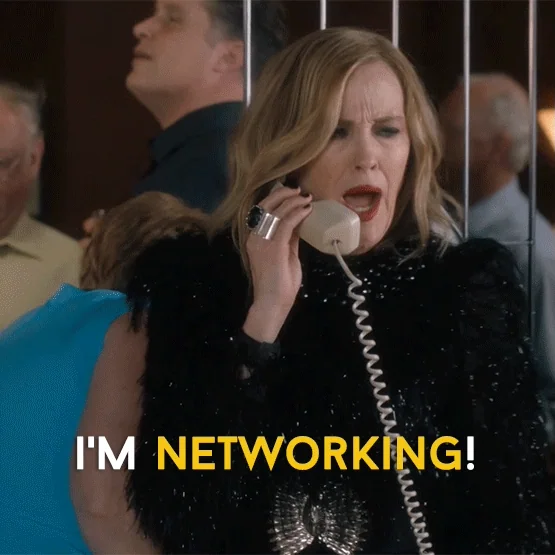
You don’t need to meet everyone, just start with one real conversation:
Your feedback matters to us.
This Byte helped me better understand the topic.

